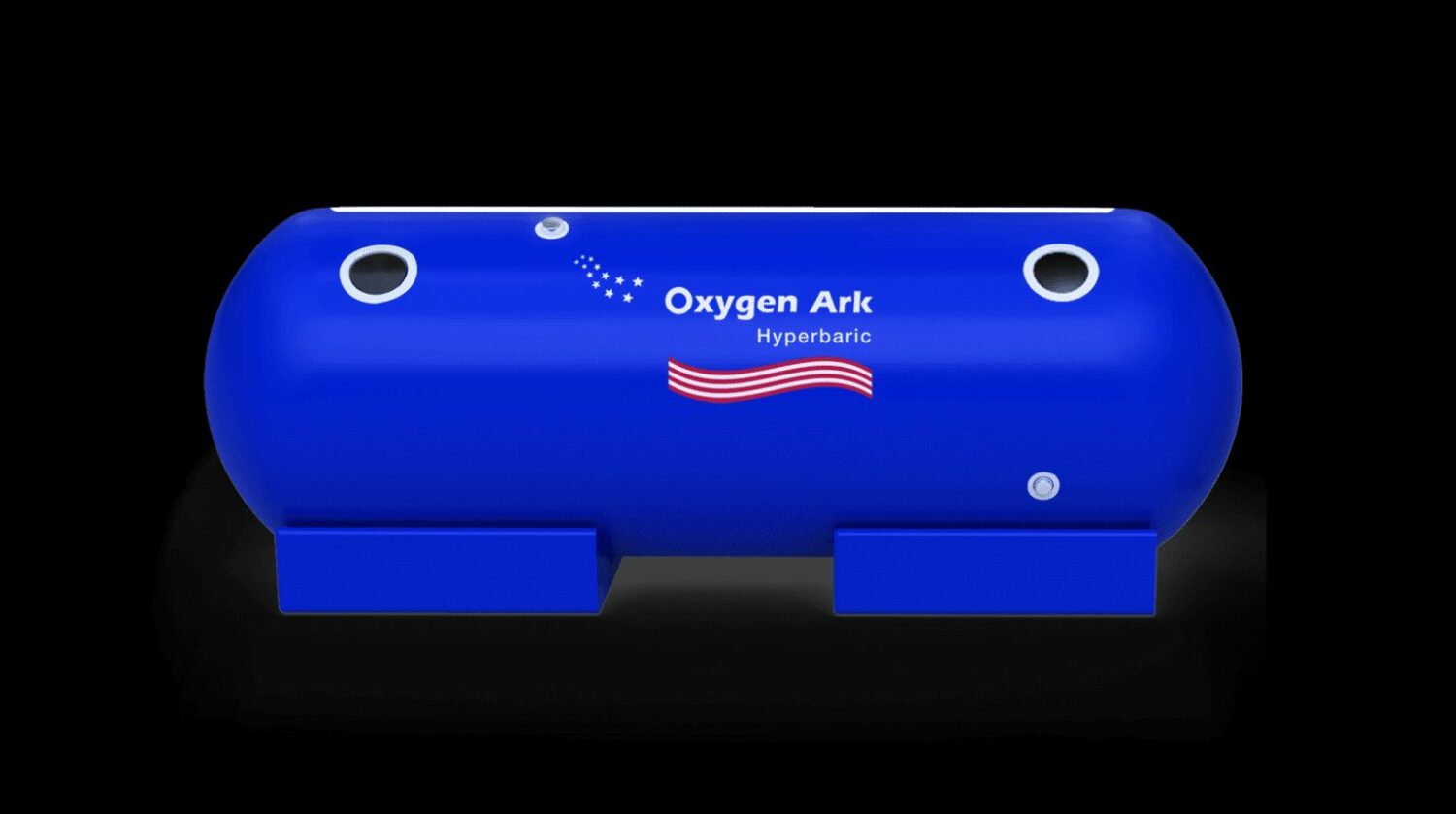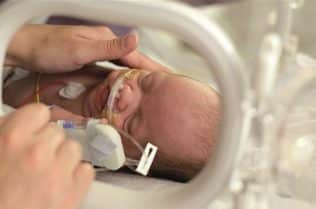As medical technology advances, so do the treatments available for various conditions. One such treatment is hyperbaric oxygen therapy, which involves breathing pure oxygen in a pressurized chamber to increase the amount of oxygen in the body’s tissues. While this therapy has been used for decades in adults, it is also used in infants. This blog intends to explore the benefits, safety, and risks of hyperbaric oxygen therapy for infants.
Pediatric hyperbaric oxygen treatment is a non-invasive treatment that provides the same benefit to children as adults. Babies in a hyperbaric chamber receive pure oxygen carried around the entire body to nourish the cells, tissues, organs, and muscles, promoting healing and repairing tissues.
Infants are placed in the chamber with a caregiver, and the chamber is pressurized with pure oxygen. The infant and caregiver will stay in the chamber for a specific time, typically 60-90 minutes.
The purpose of hyperbaric oxygen therapy in infants isn’t the same for adults. The latter seeks HBOT for diabetic ulcers, infections, etc. However, infants seek HBOT for pediatric conditions such as;
The medical treatment increases the oxygen levels in the body’s tissues, promotes healing and tissue repair, and reduces inflammation and pain.

Oxygenark hyperbaric chamber is designed to help infants feel comfortable and relaxed. Acquiring our product for your hospital facility offers the best experience for your patients. It creates a safe atmosphere for parents to stay close to their babies while receiving treatment.
In addition, our product is equipped with an intercom system that allows parents to communicate with their children throughout the session.
The cost of hyperbaric oxygen therapy for babies varies depending on the location and type of facility. Generally, the cost can range from $200-$500 per session.
However, some insurance plans may cover the cost of hyperbaric oxygen therapy for babies, and financing options may be available to help cover the cost.

Hyperbaric chambers can help with various conditions in infants, including hypoxic-ischemic encephalopathy (HIE), cerebral palsy, and more. According to research studies, hyperbaric oxygen therapy can positively affect conditions such as HIE and cerebral palsy in infants.
The increased oxygen in the chamber works with antibiotics to destroy bacteria, stimulate stem cell release, and enhance the formation of new blood vessels, thereby promoting healing.
Hyperbaric oxygen therapy may be recommended for babies with certain medical conditions. Some common conditions that hyperbaric oxygen therapy can help with include the following:
The decision to use hyperbaric oxygen therapy for a baby will depend on the specific medical condition and the individual case. Before deciding, healthcare providers should discuss the benefits and risks with the baby’s parents.
During the procedure, parents should stay close to their children, and the following steps need to be taken to ensure a safe and comfortable atmosphere for both parties;
Hyperbaric oxygen therapy is known to treat various medical conditions in babies. These conditions include hypoxic-ischemic encephalopathy (HIE), cerebral palsy, and traumatic brain injuries.
Patients as young as 15 months can be exposed to HBOT as long as the child can sit or lie calmly in the chamber. Therefore, the treatment is considered safe for infants.
The risks and potential side effects of hyperbaric oxygen therapy for babies include ear injuries, lung damage, seizures, and fire hazards.
Safety measures are taken to ensure the baby’s safety during hyperbaric oxygen therapy sessions. These include monitoring the baby’s vital signs, ensuring proper chamber ventilation, and providing appropriate oxygen levels.
While hyperbaric oxygen therapy is generally considered safe for babies, some medical conditions may disqualify a baby from receiving the treatment. These include:
In addition, babies with certain medical devices, such as ear tubes or chest tubes, may not be able to receive hyperbaric oxygen therapy.
While hyperbaric oxygen therapy is generally considered safe, prolonged oxygen therapy can place infants at risk for certain complications. These include:
Healthcare providers closely monitor infants receiving hyperbaric oxygen therapy to minimize these risks and adjust treatment as needed.
Hyperbaric oxygen therapy for infants can be a safe and effective medical treatment for certain conditions. However, healthcare providers must inform parents about the potential risks and benefits before deciding. With proper precautions and monitoring, hyperbaric oxygen therapy can provide valuable support in caring for infants with certain medical needs.
Get in touch with us and unlock your full well-being potential!
The OxygenArk team is here to assist you every step of the way.